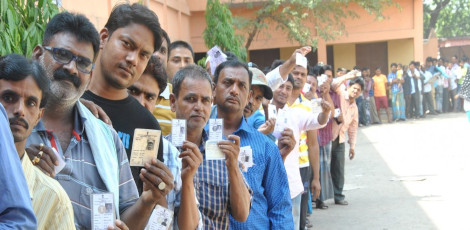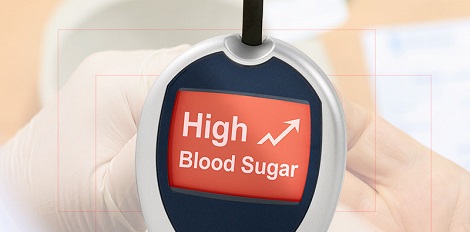No. of views : (6454)
Authored article on Timely Hepatitis shot will keep child safe and healthy!
Posted on: 01/Aug/2020 1:05:42 PM

Universally parents always wish the best for their children at any given stage of their lives. Right from the day the child is born, parents play a crucial role in taking important decisions that can have far-reaching effects on their child�s life be it concerning the child�s health, education, and career. One of the most important roles that parents must take in a newborn child�s life is vaccination. Vaccination against major preventable diseases prevents childhood mortality and morbidity. Vaccination against Hepatitis B was included in the National Universal Immunizations Programme in 2007. This World Hepatitis Day, let us understand why it is important for your child to receive the Hepatitis-B vaccination.
Hepatitis B virus (HBV) infection is a worldwide public health issue. With an approximate of more than 200 million HBV carriers in the world, the most worrying fact is that about 500,000 people die from Hepatitis B - related viral disease. It is common in India with an estimated 4 crore people who are suffering from it. With growing awareness and implementation of vaccination programs, this specific infection has decreased over the years. But HBV is still under the list of infections that can be chronic and fatal.
HBV can spread in two ways, vertical i.e., from mother to child and horizontal i.e., through contaminated needles, blood transfusion, unprotected sexual intercourse, and intravenous drug use via sharing contaminated needles and syringes. In many patients, the obvious mode of transmission is actually not obvious. But the least known fact about HBV is that it never spreads through food/water, breastfeeding, coughing, sneezing or through insect bites and another such direct contact.
A child needs at least 3 doses of hepatitis B vaccine to be fully protected; from the time of birth till 18 months of age. Newborns should receive the first dose of vaccine within the first 24 hours of birth. The most important reason for this shot is, to prevent infection to pass on from an infected mother to a child. If a newborn contracts hepatitis B, there are very high chances that the infection will be chronic which means it will persist for a long time.
If a pregnant woman is found positive for HBV infection during routine prenatal screening or at the time of delivery, the child must receive the first shot of the hepatitis B vaccine within 12 hours of birth. The second dose should be given at 1 month of age and the final dose by 6 months of age. The timeline for taking the vaccine is very important because when it�s taken within the first 12- 24 hours, the chances of the child being free of HBV infection is more than 95%. On the contrary in non-vaccinated newborns, there is a very high chance of chronic persistent HBV infection that may lead to liver damage over a period of time.
The initial infection may cause no symptoms in the majority of the newborns due to the immature immune system in a newborn wherein the virus escapes the immune system and generally persists progressing on to chronic infectition.
In the event a child contracts HBV infection in the later years, the child may develop acute / lived symptoms such as fever, jaundice, dark urine, loss of appetite, nausea/vomiting, body aches, and fatigue. In majority it may progress to chronicity (persistence of virus for a long time) without any symptoms It is important to note that all children with Hepatitis B infection do not need antiviral medications. It is imperative that patients should go for regular check-ups and follow-up with a qualified specialist rather than fall prey to dubious claims of cure, unscientific healing techniques, and spurious medications that may have detrimental effects on the liver and kidneys in some instances.
Hepatitis B is a global health problem. Universal screening of pregnant women and unvaccinated children and vaccination of the newborn and unvaccinated individuals are the simplest and most effective means to stem the rising tide. So always take the required precautions and safety measures to put such infections at bay by opting into the Hepatitis B vaccination for your child.
- Dr. Vidya Sagar R, Consultant Medical Gastroenterology, Columbia Asia Referral Hospital Yeshwanthpur







